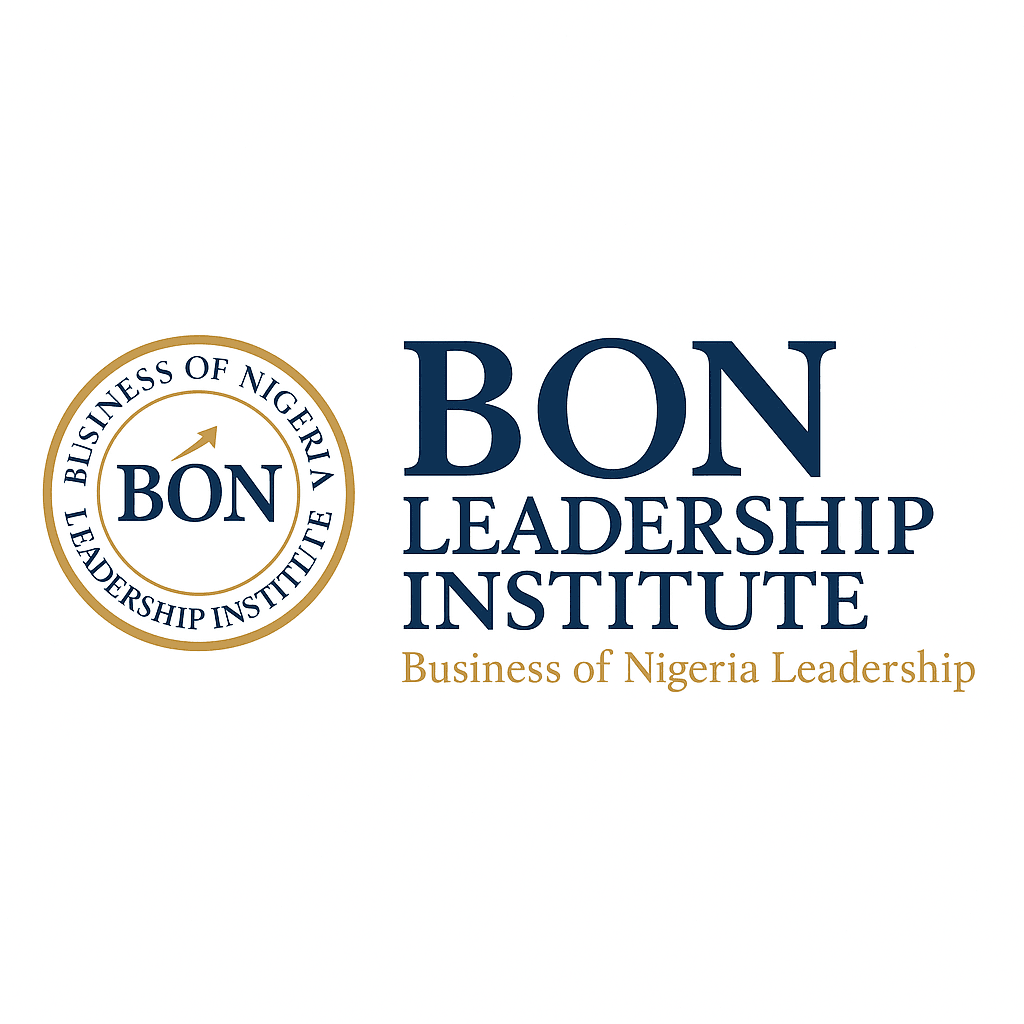Exploring the Benefits of Formal Education for Community Leaders: A Case for Continuous Learning
The Importance of Formal Education for Community Leaders
Community leaders play a vital role in shaping the future of their communities. They are often tasked with making decisions that affect the lives of many, addressing complex social issues, and inspiring others to contribute positively. In this context, the benefits of formal education for community leaders cannot be overstated. Formal education provides a structured environment where leaders can acquire critical skills and knowledge necessary for effective leadership.

Enhancing Decision-Making Skills
One of the primary advantages of formal education for community leaders is the enhancement of decision-making skills. Through various courses and training programs, leaders are exposed to different problem-solving techniques and strategies. This exposure helps them assess situations more comprehensively and make informed decisions. The ability to analyze data, interpret trends, and foresee potential outcomes is invaluable in leadership roles.
Moreover, educational settings foster critical thinking and analytical skills. Leaders learn to question assumptions, evaluate evidence, and consider diverse perspectives before arriving at a conclusion. This rigorous approach to decision-making is essential for addressing the multifaceted challenges that community leaders face.
Building Effective Communication Skills
Another significant benefit of formal education is the development of effective communication skills. Community leaders must communicate effectively with a wide range of stakeholders, including community members, government officials, and other organizations. Formal education provides leaders with opportunities to enhance their verbal and written communication skills, ensuring they can convey their ideas clearly and persuasively.

In addition, formal education often includes courses on interpersonal communication and conflict resolution. These courses equip leaders with the tools to manage disputes and foster a collaborative environment, which is crucial for community cohesion and progress.
Fostering Continuous Learning and Adaptability
In today's fast-paced world, continuous learning is essential for staying relevant and effective. Formal education encourages a mindset of lifelong learning. By engaging in continuous learning, community leaders can keep abreast of new developments in their field, adapt to changes in the social and political landscape, and implement innovative solutions to emerging challenges.
Moreover, adaptability is a trait that is nurtured through education. Formal education exposes leaders to various viewpoints and scenarios, enabling them to become more flexible and open-minded in their approach. This adaptability is crucial for navigating the dynamic nature of community issues effectively.

Networking Opportunities
Formal education also provides excellent networking opportunities. Community leaders can connect with peers, mentors, and experts from diverse fields during their educational journey. These connections can lead to collaborations, partnerships, and access to resources that may not have been available otherwise.
Networking within educational settings allows leaders to share experiences, gain insights from others' successes and failures, and develop a support system that extends beyond the classroom. This network can be a valuable asset when addressing complex community challenges.
The Case for Investing in Education for Leaders
The investment in formal education for community leaders yields significant returns for both the individuals and the communities they serve. Educated leaders are better equipped to drive positive change, inspire others, and build sustainable communities. They possess the skills to navigate challenges effectively and cultivate environments where innovation and progress can flourish.
In conclusion, while experience is undoubtedly valuable, formal education offers unique advantages that can enhance the capabilities of community leaders. By fostering critical thinking, improving communication skills, encouraging continuous learning, and providing networking opportunities, formal education plays a crucial role in developing competent and visionary leaders who can make a lasting impact on their communities.
